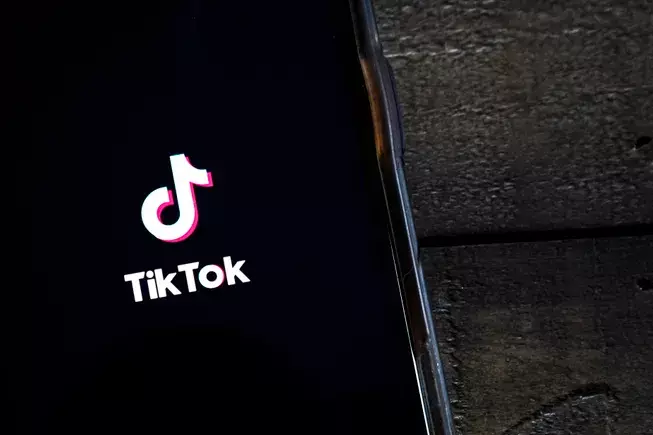The landscape of social media is always dynamic, but recent developments surrounding TikTok in the United States have brought an urgency that urges reflection. A growing sense of unease has emerged as U.S. users of TikTok received notifications that the app may face a temporary shutdown due to a new government mandate. This article explores the complexities behind this situation, from legal ramifications to potential political machinations, and what this means for both users and the platform itself.
As of Saturday evening, TikTok began notifying users that it may be forced to become temporarily unavailable due to the implementation of the “Protecting Americans from Foreign Adversary Controlled Applications Act.” This abrupt announcement signals a culmination of years of escalating apprehension regarding the app’s ownership by the Chinese company ByteDance. The legislation mandates either a forced sell-off to an American company or a complete shutdown in the U.S., following a recent Supreme Court ruling that upheld this legislative move.
This situation propels us into a political arena where national security concerns intermingle with market dynamics. The law’s sharp enforcement leaves TikTok with little room to maneuver legally; a forced sale or shutdown seems inevitable unless political intervention surfaces. Interestingly, the incoming Trump administration appears to be poised for negotiations that could potentially rescue TikTok from obscurity. Trump’s assertion that he is “most likely” to afford the app a 90-day grace period introduces an unpredictable variable to already chaotic circumstances.
Donald Trump’s relationship with TikTok has undergone a noticeable transformation. Once targeted by Trump as a threat to national security, the app may now find refuge in his political favor, especially following his rise as an internet sensation on the platform. The apparent irony of such a turnaround highlights the complexities of political decision-making in an often volatile environment. Trump’s potential strategy is likely informed by a mix of market interests and capitalizing on a significant youth demographic that finds value in TikTok as a form of expression and connectivity.
As the legal frameworks set forth by the outgoing administration unfold, it is clear that the app stores have become the battleground for enforcement. The Biden Administration’s decision to avoid taking immediate action against TikTok reflects a nuanced approach to governance, choosing to defer complex matters to the Trump administration. Yet, this handoff renders app stores liable for compliance, and the inability of the Biden team to assure them of immunity from penalties creates an environment rife with uncertainty.
From a user standpoint, the implications of a TikTok shutdown are significant. Content creators, influencers, and millions of casual users could find themselves abruptly shut off from a platform that has not only allowed them to showcase their creativity but has also facilitated a new wave of marketing strategies. For brands that rely on TikTok for influencer collaborations, identifying alternative marketing routes poses both a logistical challenge and a potential revenue disruption.
Yet, the prevailing narrative that TikTok might make a swift comeback could minimize the long-term effects on these stakeholders. Assuming Trump’s promise materializes and a new arrangement is struck, users may only experience a temporary hiatus. The broader question remains whether TikTok will reconvene under the same regulatory conditions or whether significant changes will accompany its re-entry into the U.S. market.
The impending legal code and its ramifications invite speculation about the global tech landscape’s future, especially concerning applications owned by foreign entities. TikTok’s predicament acts as a case study examining the intricate balance between security concerns, technological dominance, and user autonomy.
As this narrative unfolds, all eyes will be on how the Trump administration structures its approach to TikTok. Whether the app integrates into the American market under new ownership or forms a fresh diplomatic accord with China remains an open question. The fate of TikTok signifies much more than the survival of a popular app; it showcases the often-tangled interplay of media, politics, and public sentiment in the digital age.
While TikTok may soon be unavailable to U.S. users, the potential for its return emphasizes a landscape still very much in flux. Content creators and users alike should prepare for a period of adjustment, as the political scenery evolves and the app’s future hangs in the balance. Strategies may need refinement, but for now, a collective gaze is trained on the powers that govern these platforms and their fate.

